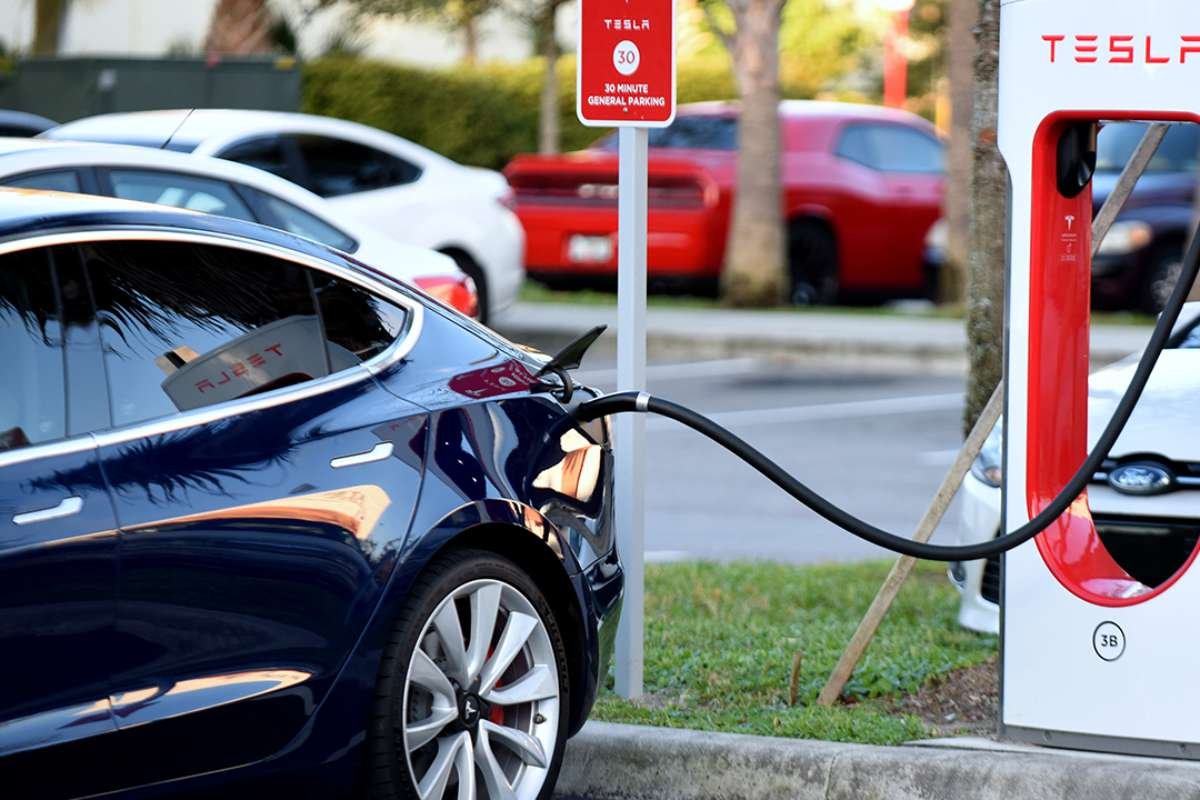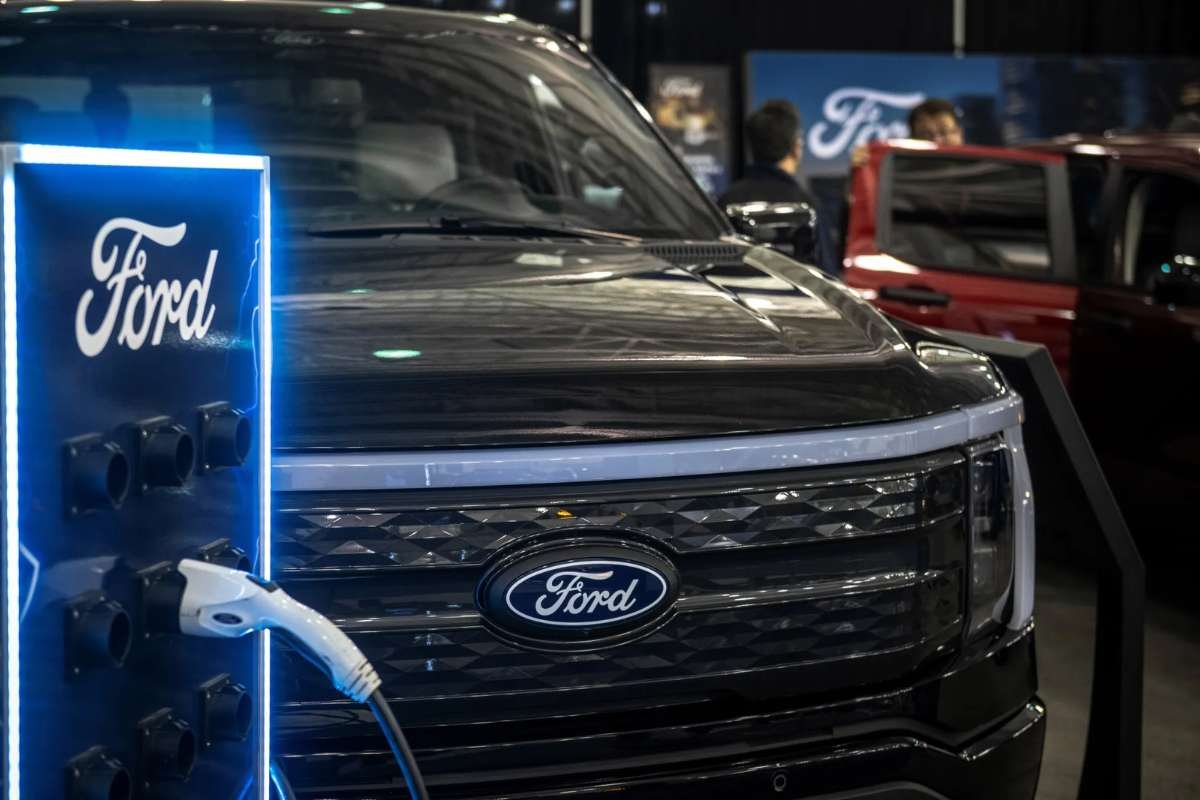In a major development that could significantly alter the trajectory of the electric vehicle (EV) industry in the U.S., federal EV tax credits introduced under President Joe Biden’s Inflation Reduction Act (IRA) are set to expire on September 30, 2025, unless Congress takes swift action. These tax breaks, which offer up to $7,500 in incentives per electric vehicle tax, have been a pivotal factor in promoting the adoption of clean energy transportation across the nation.
According to a Reuters report, the White House has acknowledged the looming expiration but faces staunch opposition from Republican lawmakers who are calling for the credits to be repealed altogether. The future of these subsidies has now become entangled in the broader political debate over climate policy, manufacturing, and federal spending.
Political and Market Repercussions Loom Large
The expiration of these tax incentives arrives at a politically sensitive time. With former President Donald Trump running for re-election and promising to dismantle Biden-era climate policies, including EV subsidies, the issue has become deeply polarized. As per AP News, Trump has openly criticized the electric vehicle tax credit system, describing it as a “wasteful federal overreach” that unfairly benefits wealthier Americans and certain automakers.
On the other hand, Democrats and environmental advocates argue that these tax incentives are essential for driving the green transition and keeping the U.S. automotive industry competitive globally. Automakers such as General Motors, Tesla, and Ford have invested heavily in electric mobility in part due to these subsidies. Removing them could stall production and dampen consumer interest, particularly at a time when EV sales are just beginning to gain meaningful traction among middle-income buyers.
Industry Impact and Consumer Outlook
The Bloomberg analysis paints a concerning picture for the EV market if the credits are allowed to lapse. Without these financial incentives, the cost of EVs could jump substantially, making them less attractive compared to traditional gas-powered vehicles. Analysts predict that EV adoption could slow sharply, especially in states where local subsidies are limited or non-existent.
Moreover, smaller EV startups and suppliers that have banked on growing demand might face financial strain, leading to job losses and delays in innovation. Experts warn that the ripple effects could also weaken America’s global competitiveness in clean-tech manufacturing, especially as countries like China and those in the EU continue to bolster their EV industries with robust government support.
As the deadline approaches, all eyes are on Congress. The decision will not only impact the future of electric vehicle tax but also signal the nation’s long-term commitment to or retreat from its clean energy goals.
Sources:


















